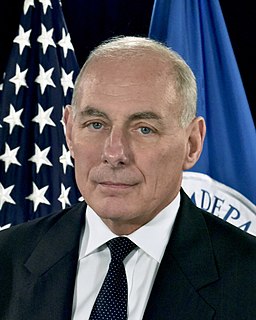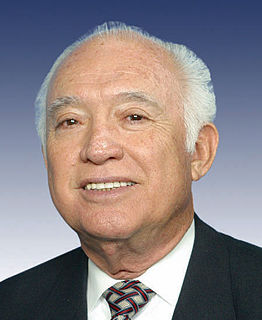A Quote by John F. Kelly
Since 1945, no one in the U.S. military has liked the end result of the military conflicts we've been in: Vietnam, Korea, certainly Iraq, and probably Afghanistan. But in a democracy, you salute.
Related Quotes
The intellectual and moral failures common to America's general officer corps in Vietnam and Iraq constitute a crisis in American generalship. Any explanation that fixes culpability on individuals is insufficient. No one leader, civilian or military, caused failure in Vietnam or Iraq. Different military and civilian leaders in the two conflicts produced similar results. In both conflicts, the general officer corps designed to advise policymakers, prepare forces and conduct operations failed to perform its intended functions.
Yes and no. Because America has only about 1 percent of the population serving in the military, it is hard for many civilians to understand the sacrifices military families make. However, my experience is that after the Vietnam War, the public learned that they should support the military whether or not they support the war. You've seen that outpouring of support for the veterans of both Iraq and Afghanistan.
we ought to realize by now (see Korea, see Vietnam, see Afghanistan, see Iraq, see Iran) that deploying the US military, or dealing billions of dollars a year of arms to our ally of the moment that can serve as a regional rival to our enemy of the moment, is not always the best way to make threats go away. Our military and weapons prowess is a fantastic and perfectly weighted hammer, but that doesn't make every international problem a nail.
The Russians and the Chinese have been making enormous investments in the military. We have the smallest Navy since 1916. We have the lowest number of troops since the end of the Second World War. We've got to work with Congress, and Donald Trump will, to rebuild our military and project American strength in the world.
Wars always evolve over time, don't they? Iraq/Afghanistan is different than Vietnam, and Vietnam was different than Korea, and Korea was different than World War One, and so on. Some things remain the same, of course - one side fighting another over ideology or a patch of ground - but there are some aspects of combat life which differ radically than their predecessors.
Australia is this former British colony at the foot of Asia. We've been involved - we've been in lockstep with America in every battle you have fought for a century. We were there in Vietnam. We were there in Korea. We were there in Iraq. We were there in Afghanistan. We are slightly apprehensive about the rise of China.




































